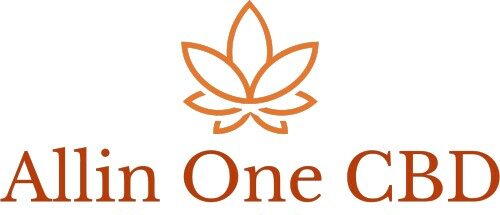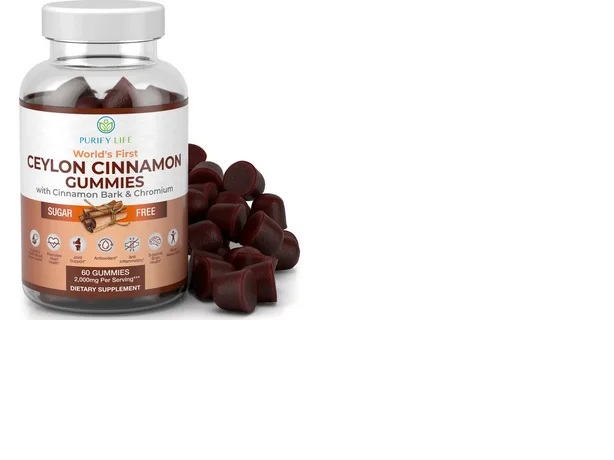Cinnamon, derived from the inner bark of trees belonging to the genus Cinnamomum, is not only a highly popular spice but also a powerful supplement with a myriad of health benefits. The use of cinnamon dates back to ancient Egypt, where it was a part of embalming fluids, and through the ages, it has been used for its medicinal properties across various cultures. Today, cinnamon supplements, which come in various forms including capsules, powder, and essential oils, are celebrated for their potential to improve health and wellbeing. This comprehensive guide delves into the multifaceted benefits of cinnamon supplements, underlining their role in contemporary health practices.
Antioxidant Properties
Cinnamon is rich in antioxidants, which protect the body from oxidative damage caused by free radicals. The spice ranks highly among foods with antioxidant properties, containing large amounts of polyphenols, phenolic acid, and flavonoids. These compounds help in fighting oxidative stress and have been linked to reducing the risk of chronic diseases. Regular intake of cinnamon supplements can bolster the body’s defenses against conditions associated with oxidative stress, including aging and many chronic diseases.
Anti-inflammatory Effects
Inflammation is an underlying cause of many diseases, from heart disease to cancer. Cinnamon has potent anti-inflammatory properties, which can reduce the risk of these diseases. Its ability to lower swelling and prevent inflammation makes it beneficial not just for chronic conditions but also for acute conditions, such as sore throat or allergies. Incorporating cinnamon supplements into one’s diet may, therefore, offer a natural way to manage and prevent inflammation-related discomfort and diseases.
Heart Health
Cinnamon has been linked to a lower risk of heart disease, the world’s most common cause of premature death. It may improve some key risk factors for heart disease, including cholesterol, triglycerides, and blood pressure levels. Studies have shown that just 120 milligrams per day can have these effects. By improving the levels of serum glucose, lipid, and cholesterol, cinnamon supplements can significantly decrease the risk factors associated with cardiovascular diseases.
Diabetes Management
One of the most well-researched benefits of cinnamon is its ability to lower blood sugar levels and improve sensitivity to the hormone insulin, which is vital for keeping blood sugar levels balanced. Cinnamon can decrease the amount of glucose that enters the bloodstream after a meal by interfering with numerous digestive enzymes, which slows the breakdown of carbohydrates in the digestive tract. Additionally, a compound in cinnamon can act on cells by mimicking insulin, improving glucose uptake by cells, though it acts much slower than insulin itself. Regular intake of cinnamon supplements might, therefore, be particularly beneficial for people with diabetes or those at risk.
Neurodegenerative Diseases
Cinnamon has been shown to have beneficial effects on neurodegenerative diseases, which are characterized by progressive loss of the structure or function of brain cells. Alzheimer’s and Parkinson’s disease are two of the most common types. Cinnamon compounds appear to inhibit the buildup of a protein called tau in the brain, which is one of the hallmarks of Alzheimer’s disease. In studies looking at the effects of cinnamon on Parkinson’s disease in mice, cinnamon helped protect neurons, normalize neurotransmitter levels, and improve motor function. These effects need to be studied further in humans, but they have promising implications.
Anti-carcinogenic Potential
Research on cinnamon’s ability to inhibit cancer growth and formation shows promising results, albeit mostly in animal studies and test tubes. It acts by reducing the growth of cancer cells and the formation of blood vessels in tumors, and appears to be toxic to cancer cells, causing cell death. A compound in cinnamon called cinnamaldehyde is the main actor thought to influence the anti-cancer effect. While human studies are needed to confirm these effects, cinnamon supplements could potentially play a role in cancer prevention strategies.
Fungal and Bacterial Infections
Cinnamon oil has been found to effectively treat respiratory tract infections caused by fungi. It can also inhibit the growth of certain bacteria, including Listeria and Salmonella. The antimicrobial effects of cinnamon may also help prevent tooth decay and reduce bad breath. Regular intake of cinnamon supplements can, therefore, contribute to the management of various infectious diseases and conditions related to microbial infections.
Precautions and Considerations
While cinnamon supplements offer numerous health benefits, they are not free from risks. Cinnamon contains coumarin, which can be harmful in large doses. People with liver problems should be cautious, and everyone should avoid consuming excessive amounts of cinnamon. Additionally, cinnamon can interact with certain medications, including antibiotics, diabetes drugs, blood thinners, and heart medications. It’s always recommended to consult with a healthcare provider before starting any new supplement regimen.
Conclusion
Cinnamon supplements offer a promising and natural avenue for improving various aspects of health, from antioxidative protection and anti-inflammatory benefits to the management of diabetes and heart health. They also hold potential in neuroprotective effects, cancer prevention, and antimicrobial activities. However, like any supplement, cinnamon should be used with caution, especially considering its coumarin content and potential interactions with medications. As research continues to uncover the breadth of cinnamon’s health benefits, incorporating this ancient spice into modern health practices could provide an additional layer of protection against many of today’s health challenges.
- Fun and Honest Review of JustCBD UK Gummies: Best Flavors and Strengths Compared - October 1, 2024
- Benefits of Clavo Huasca Supplements - March 30, 2024
- Benefits of Cinnamon Supplements - March 30, 2024

